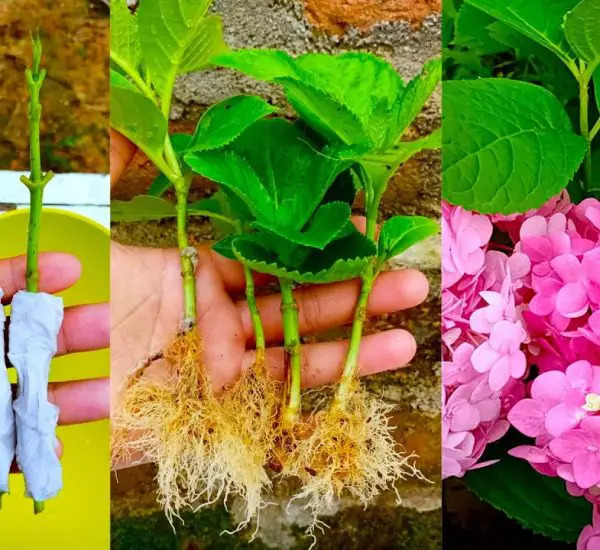In today’s article, we’ll explore 7 practical uses of coffee grounds for plants, applicable both in a garden and for potted plants.
Coffee grounds have numerous practical applications, and we’re here to highlight the most useful and effective ones. Coffee contains many nutrients essential for plants and can enhance the bacterial life in the soil.
1. Plant Fertilizer: Use coffee grounds as fertilizer in two ways. In their solid form, simply sprinkle the dried coffee grounds onto the soil of your plants. If in liquid form, place them in a bottle filled with rainwater, let it sit for a couple of days with the cap closed, and then use it as a liquid fertilizer.
2. Compost Enhancer: Both dry and wet coffee grounds can be added to your compost. Besides adding nutrients, it significantly improves compost quality and acts as an ant repellent.
3. Worm Food: Worms love coffee grounds and feeding them with it. There’s a belief that coffee grounds may even help worms reproduce more.
4. Soil Enhancer: Coffee is a completely organic and biological residue that can attract beneficial microorganisms and enhance soil structure.
5. Pest Deterrent: Apart from keeping ants at bay, coffee grounds can deter slugs and other pests. Arrange the coffee grounds around the plants as if creating a barrier.
6. Mulch for Plants: A lesser-known but effective technique. Mix coffee grounds with straw, dry grass, leaves, or twigs to create mulch for your plants.
7. Fungus Control: Coffee can be used to eliminate fungi that develop near plants, especially those that require frequent watering. Mix coffee with a bit of cinnamon powder and sprinkle it around the plants.
These simple and eco-friendly uses of coffee grounds can contribute to healthier and more vibrant plants, making your gardening experience both enjoyable and sustainable.




